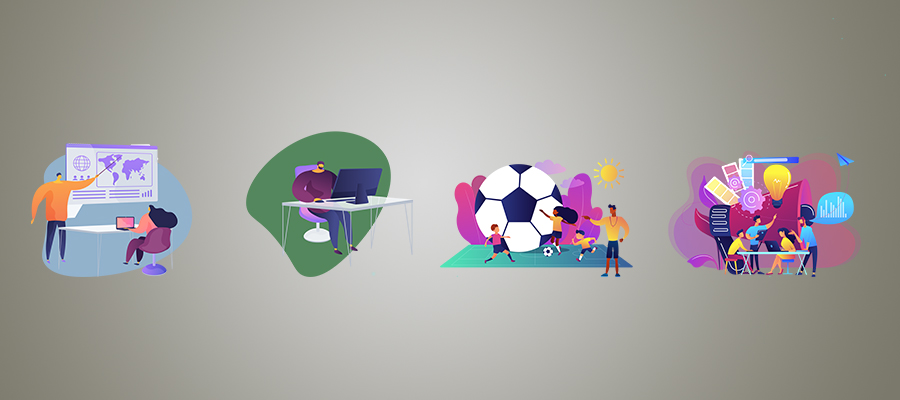In a world where the boundaries of knowledge are constantly expanding, staying ahead of the curve is not just an option, it’s a necessity.
Delve into the fascinating intersection of educational technologies, workplace transformation, upskilling, reskilling, neuroscience, artificial intelligence, virtual reality, and the vast universe of learning.
Metacognition in 3 Questions
"You [a disciple], shall I teach you about knowledge? What you know, you know, what you don't know, you don't know. This is true wisdom." Some 500 years B.C., Confucius understood the central importance of metacognition to any learning path.
Elmore’s 4 learning modes
Most of us have experienced all four modes of learning in our lives. Our ability or preference for one of them may depend on our personal disposition, the accessibility or organization of these modes of learning, or the type of learning involved
3 Tips for Integrating Humour into Teaching
Thomas Bernhard once said, "Whoever can't laugh doesn't deserve to be taken seriously," a thought that would benefit from being given more consideration in teaching, even though humour has not yet received the attention it deserves.
The 4 core competencies of the 21st century
In a workplace where routine tasks are increasingly performed by machines equipped with artificial intelligence (AI), the skills most valued by human beings are those that allow them to perform tasks for which the solution is not known in advance.
Dealing with uncertainty in 3 steps
Although we often manage to pretend it doesn't exist, uncertainty is an integral part of our lives. With the collective crisis we are experiencing at the moment, it is even more apparent, and in the education community, this is true for learners and teachers alike.
Unravelling online training in 3 questions
Online training, distance learning, open distance learning, digital learning, MOOC... are some of these terms one and the same? Is one the modern version of the other? Are we dealing with entirely different modalities of learning?
7 principles of 21st-century learning and elearning
In its Innovative Learning Environments project, the OECD has identified seven principles that should be integrated into any learning environment to ensure that it is truly effective and relevant to the needs of 21st-century learners.
From Hate to Hope: Building Understanding and Resilience
This course offers both conceptual and actionable elements to anyone interested in learning about hate and how to make a move towards a more sustainable emotion such as hope.
Communication tools to increase engagement in online learning
More than ever communicating in any online course is mandatory and one of the essentials means to ensure engagement in the learning process. While there are multiple options to keep in touch with your students or trainees, here are some key elements to keep in mind before choosing your tools:
Initiatives for a Responsible and Human-Centered Artificial Intelligence
Artificial intelligence (AI) is transforming our world. Already present in many sectors of activity, from medicine to transportation and the advent of so-called "intelligent cities", this technology is here to stay.











